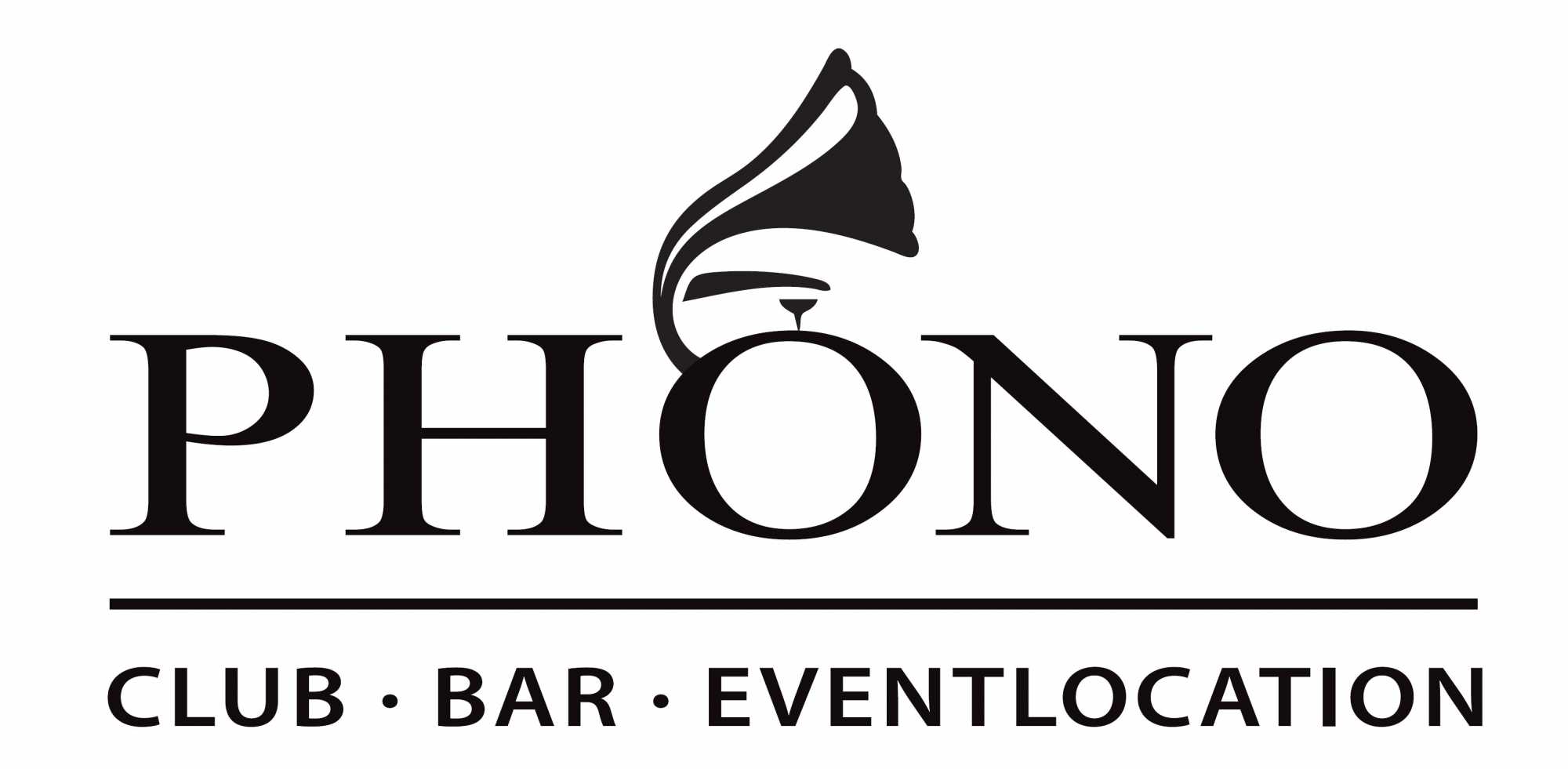- 1 | Jakub Szumera
- 2 | Dominik Brzozowski
- 3 | Dominik Budzik
- 4 | Tomasz Schichta
- 5 | Marcin Paszek
- 6 | Jakub Pielok
- 7 | Jakub Sewerin
- 8 | Patrik Gatys
- 9 | Jakub Szczepanik
- 10 | Konrad Pipia
- 11 | Igor Buchta
- 12 | Sebastian Siwek
- 13 | Robert Wolniewicz
- 14 | Oskar Skrzyniarz
- 15 | Bartosz Waskiewicz
- 16 | Piotr Szołtysek
- 17 | Mateusz Wawoczny
- 18 | Miłosz Ćwielong
- 19 | Michał Orzeszyna
- 20 | Robert Majeranowski
- 22 | Edmund Machnik
The FC DFK Oberschlesien at the EUROPEADA
The selection “FC DFK Oberschlesien” will represent the minority of Germans in Poland at the EUROPEADA.
FC DFK Oberschlesien have been taking part in EUROPEADA since its inception in 2008 and have not missed a single tournament since. At the last EUROPEADA in 2022 they achieved the 4th place.
The German minority in Poland
The fate of German minorities is closely linked to the recent history of their own people, because it was the loss of territories after lost wars, which left it in a foreign country. Silesia, Pomerania and East Prussia, now part of Poland, were until the end of World War I part of the German Empire. During the interwar period, in the 1918 formed Republic of Poland the Germans were a recognized minority, which could maintain their cultural activities, had its own educational institutions and was represented in the parliaments. Nevertheless, a strong, often forced emigration was determined, which ended after World War II in a veritable expulsion. The territories east of the Oder-Neisse line were allocated to Poland and the remained German residents should be eliminated. Until 1950 the Communist leadership carries out a broad-based de-Germanization, about 8.5 million German were forced to leave the Eastern, originally belonging to Germany areas. For this purpose any witnesses of German history were destroyed in these areas, surnames were converted into Polish and German school systems were prohibited. The remaining Germans had to live as good Polish citizens. With the slow emancipation of Poland from the domination of the Soviet Union, loose associations of German minorities were formed in different parts of Poland. The first official and public appearance was the participation of thousands of German at the famous Reconciliation Mass in Kreisau, attended by the Prime Minister of Poland Tadeusz Mazowiecki and the Chancellor of Germany Helmut Kohl. After signing the German-Polish Neighbourhood Treaty the Germans in Poland got full rights as a national minority and thus again the possibility of representing their population in the Polish parliaments. Since 2005 can be set up bilingual place name before localities with a minority of at least 20% of the population, currently 25 municipalities are already endowed with bilingual place names. In 2009, the Republic of Poland has also ratified the European Charter for minorities and regional languages. With this document, Poland has the obligation to protect the German minority and their language. The German language can be used as an auxiliary language in contacts with administrative bodies, educational institutions in the language of the minority were promoted. Since the first opening of a German soccer school in February 2015 in hrząstowice / Chrząstowice in recent month’s further football schools in Malapane / Ozimek, Krośnica / Krosnica, Himmelwitz / Jemielnica and Bodland / Bogacica were constituted. Approximately 300,000-400,000 citizens with German nationality are living in eleven provinces in Poland. The majority of them live in the Voivodship Opole, followed by the Voivodships Silesia, Warmian-Masurian, Pomerania and Lower Silesia.
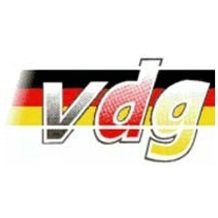
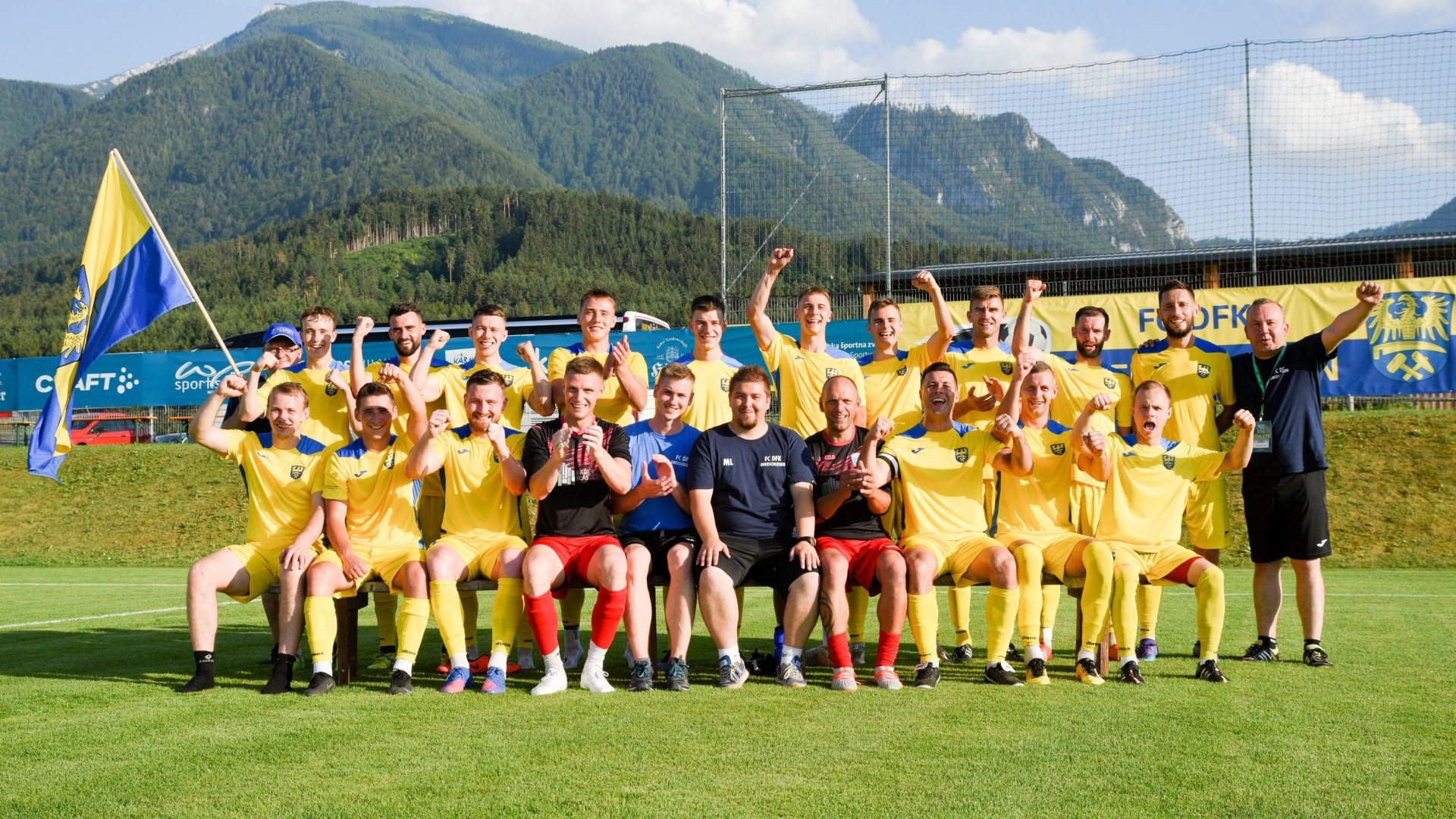



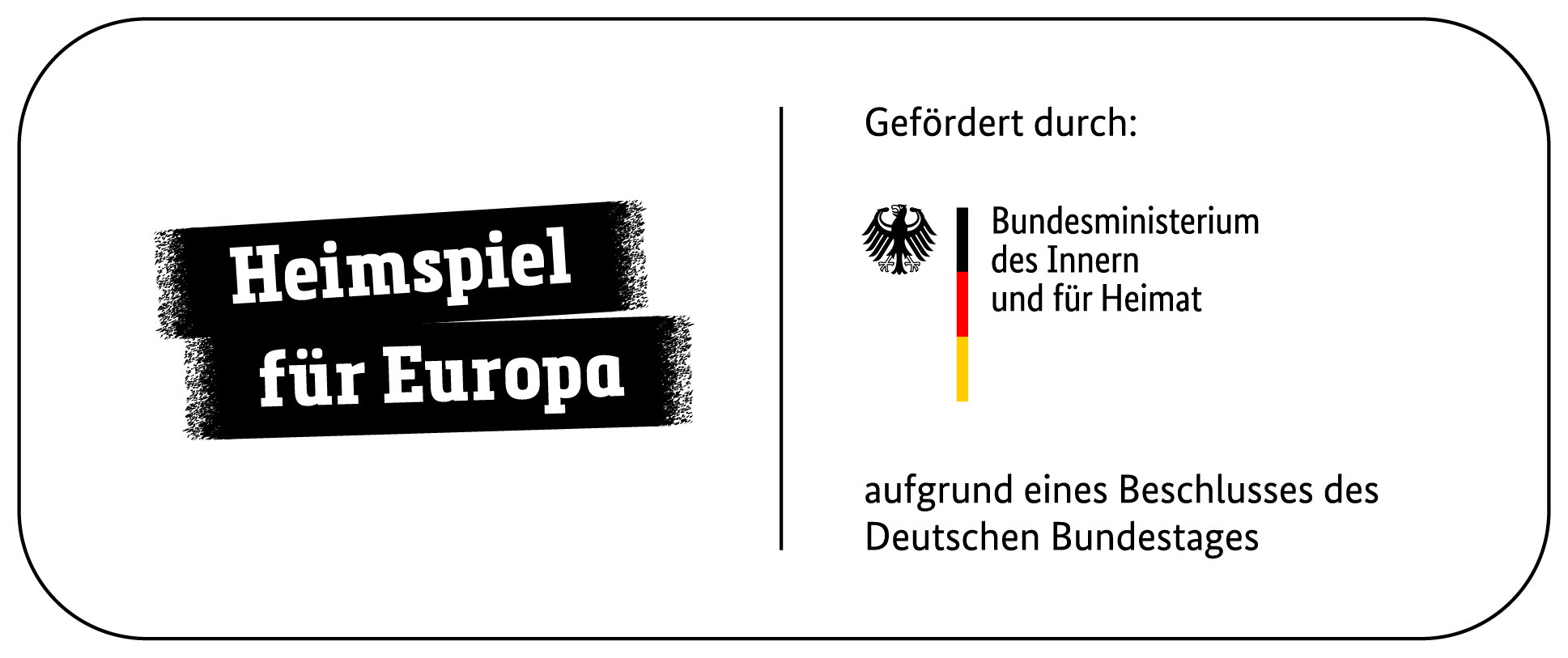
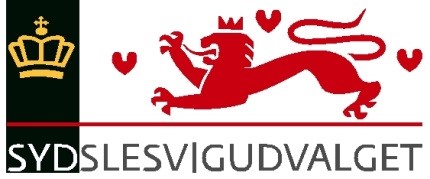



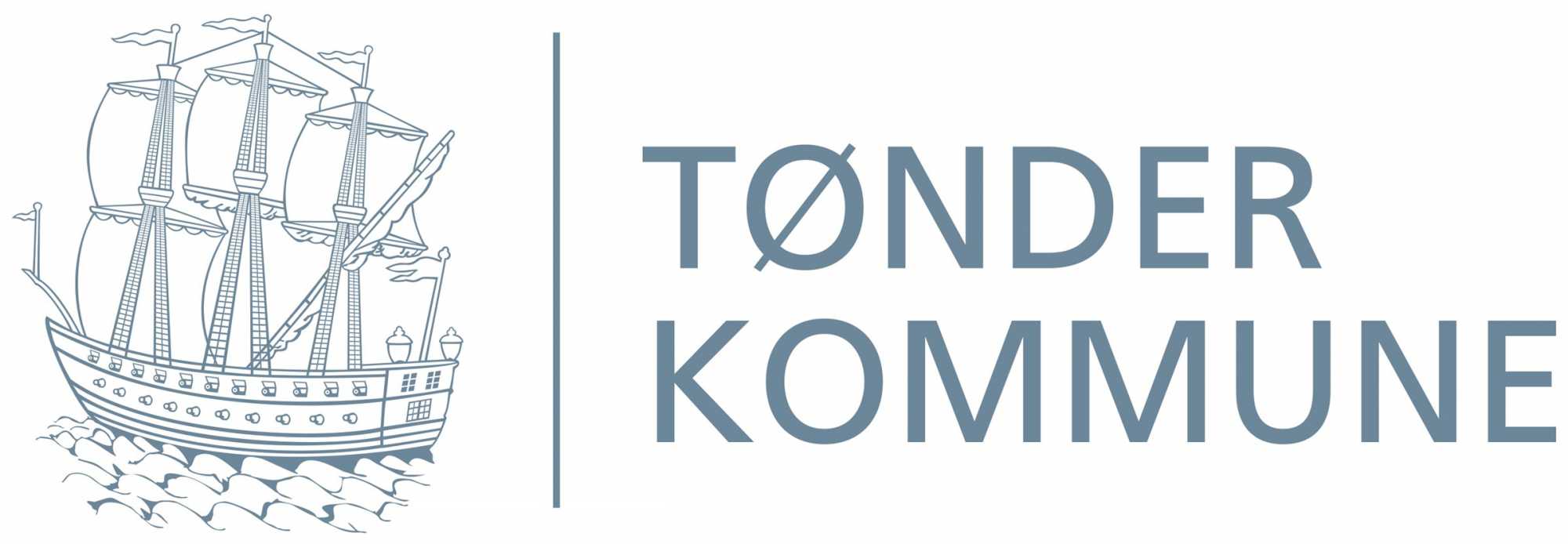
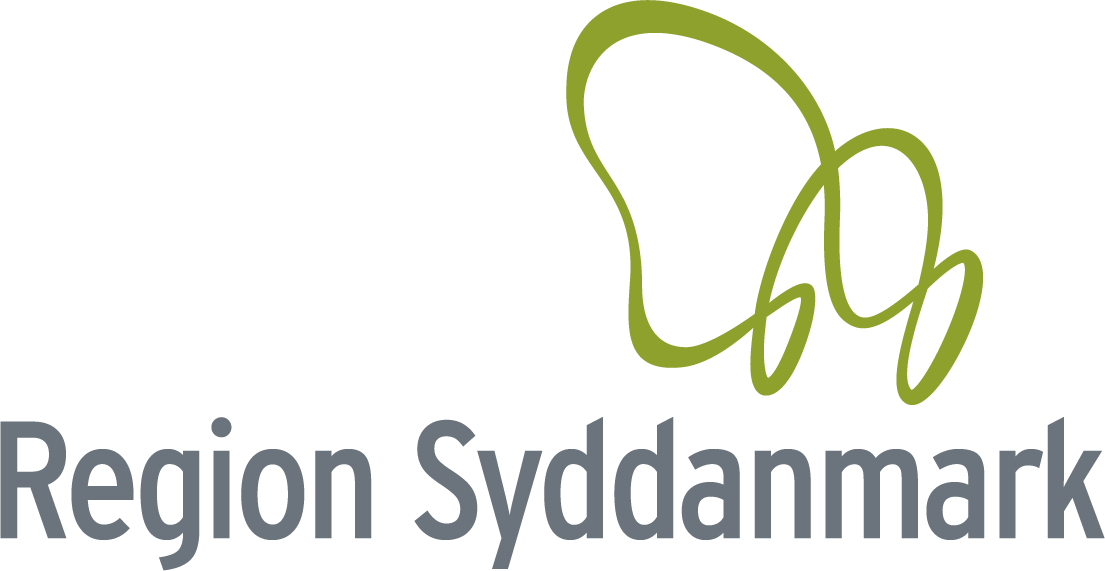
.png)



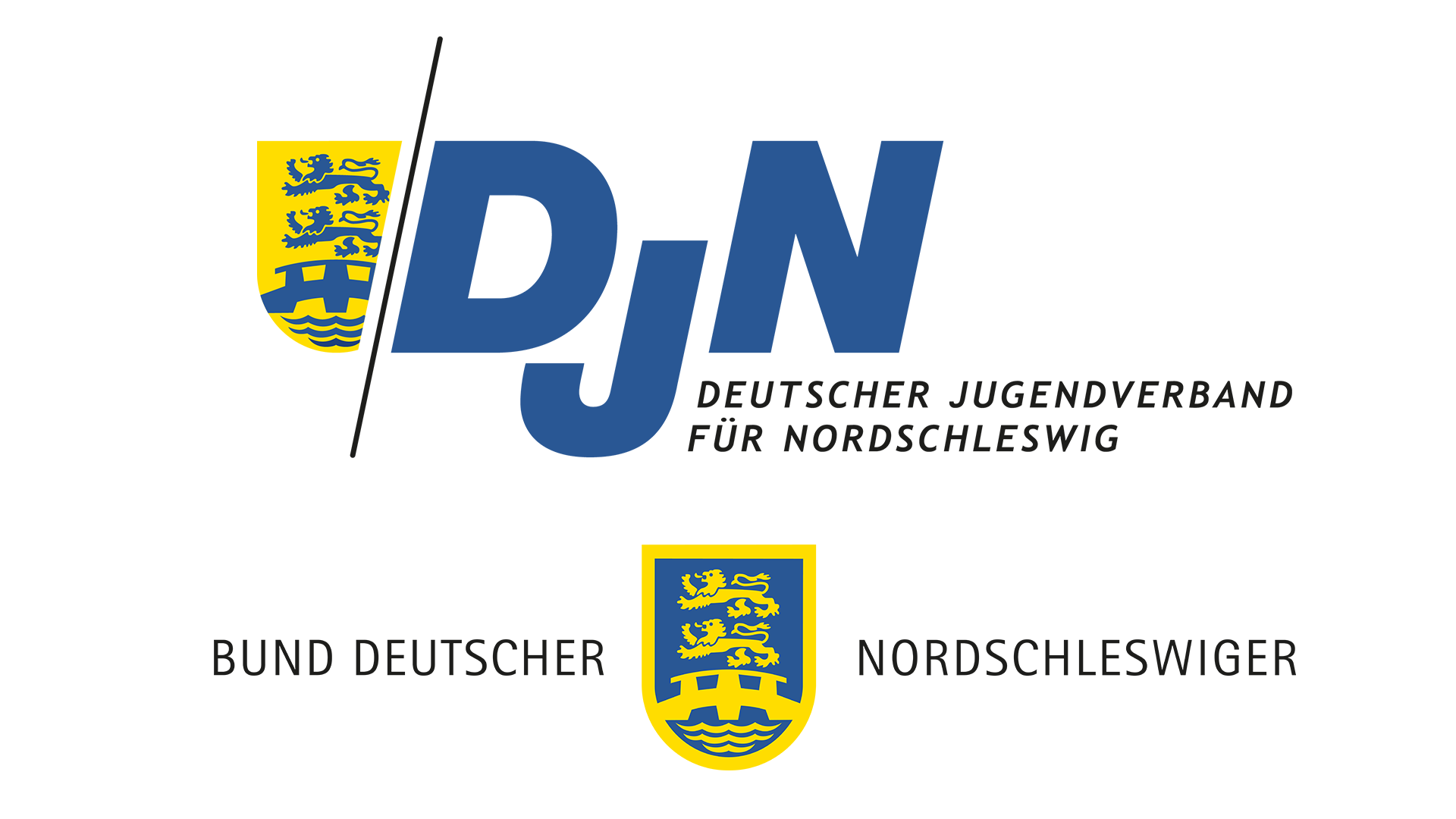
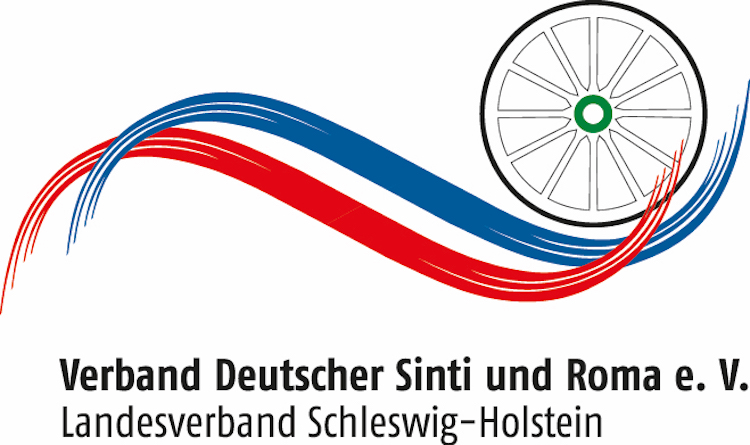




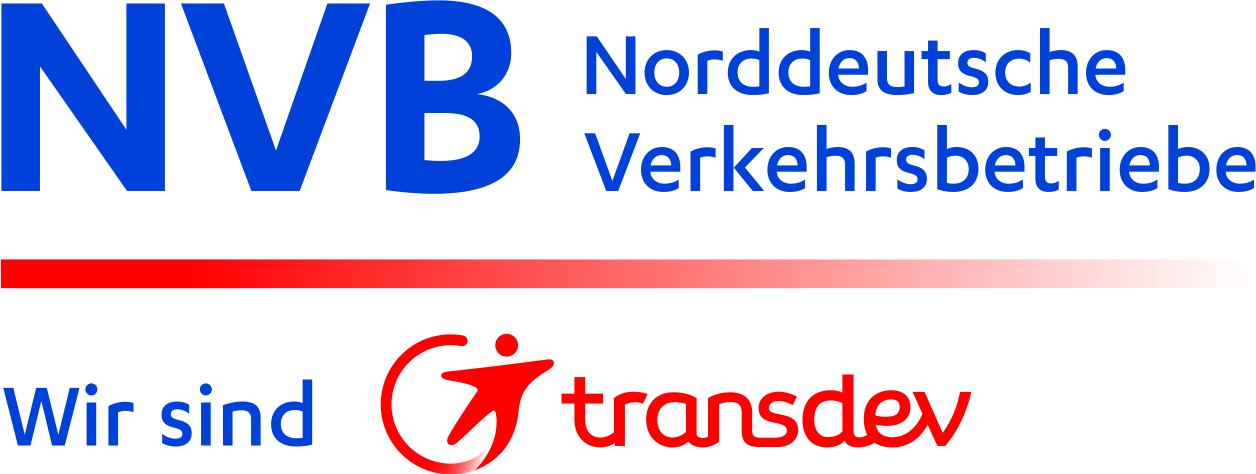

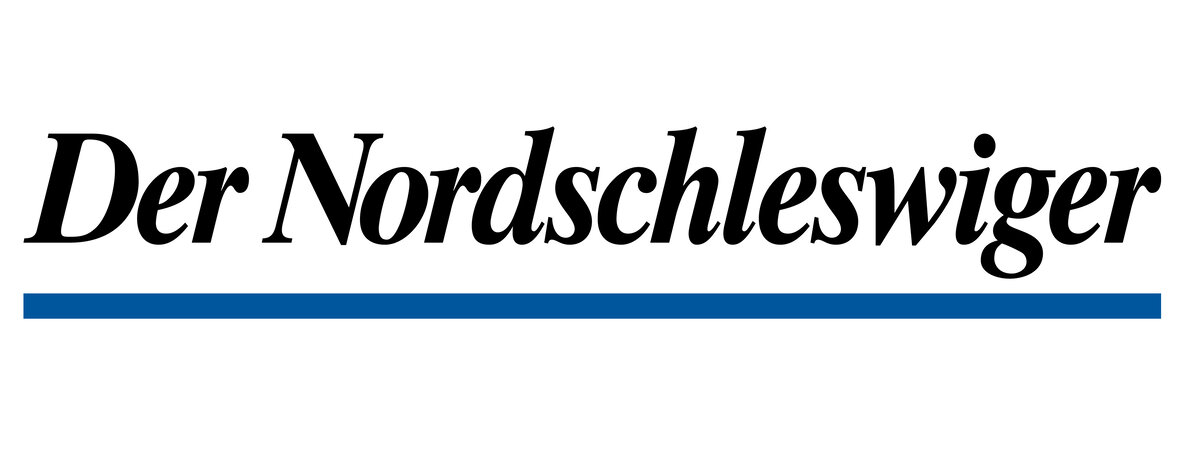





-1.png)
_(1).png)

